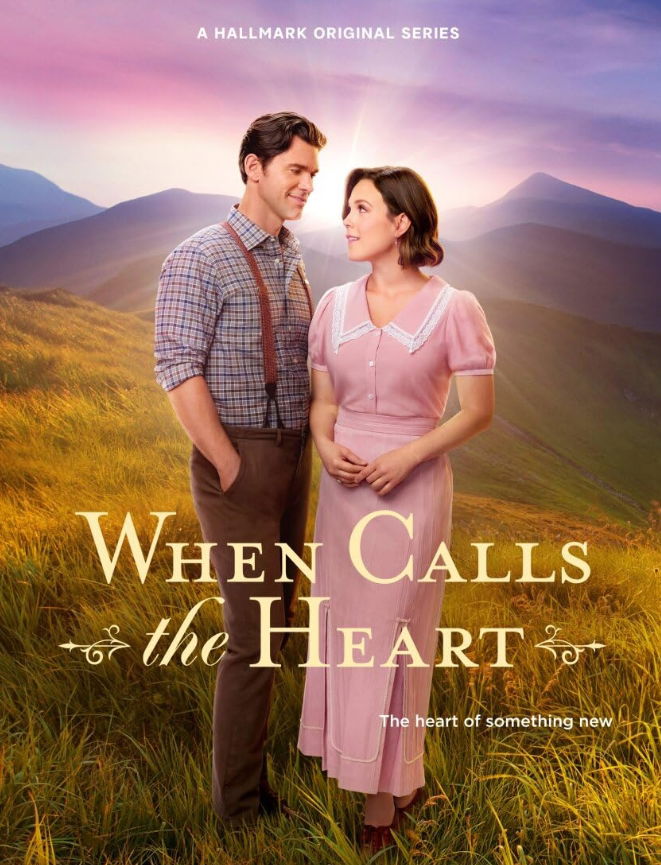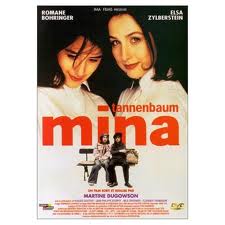“Lost Girlfriends”

| None | Light | Moderate | Heavy | |
|---|---|---|---|---|
| Language | ||||
| Violence | ||||
| Sex | ||||
| Nudity |
What You Need To Know:
The French movie MINA TANNENBAUM won the 1996 Best Screenplay Award at the Cannes Film Festival. The movie chronicles the lives of two best friends born in 1963. In the late 60s, Mina is a skinny dark-haired girl who needs to wear glasses. She meets the pudgy Ethel at dance class, and they become instant friends. In the early 1970s, both girls experience the thrill of romantic love. Mina discovers a rebel motorcycling artist at drawing class. Ethel discovers a piano player. In the 1980s, the woman find their careers. Mina becomes an accomplished artist, while Ethel becomes a journalist. Eventually, Mina becomes desperate, with tragic consequences.
Though it offers some insight into the nature of female relationships, this movie suffers from very poor direction and editing. Distracting and jarring film clips from the past attempt to represent how Mina and Ethel feel. In one scene, a pair of cigar smoking angels look down and make comments. Morally, these non-practicing Jewish women are living hopeless lives. They think that when they find love, their lives will be in order. Even those who appreciate the French language may MINA TANNENBAUM sad, cold and unsatisfying
Content:
(Ro, LLL, VV, S, A, D, M) Romantic worldview where young women look for meaning in love; 29 obscenities & 4 profanities; mild violence including stone throwing, brief fist-fight scene, implied woman hit by car & implied suicide; implied fornication & clothed petting; no nudity; alcohol use; smoking; and, angels shown smoking
More Detail:
In the early 1970s, both girls get to experience the thrill of romantic love. Mina discovers a rebel motorcycling artist at drawing class. Ethel discovers a piano player who invites her to hear him play at a local club. When Mina gets an awful haircut, she hides away from her artist crush, who eventually moves away, and they never see each other again. Ethel shows up to hear her piano player, but he switched days and doesn’t appear.
In the 1980s, the women find their careers. Mina becomes an accomplished artist who finds fame, but not many sales. She eventually gets work as a copy artist. Ethel becomes a journalist and betrays her friendship with Mina to get a job, by saying she is Mina in order to get an interview with a popular artist of the day. This offense tears the women apart, and they don’t speak to each other for several years. Meanwhile, Ethel marries an art curator with whom Mina secretly had a crush. These and other hardships cause Mina to become desperate with tragic consequences.
Though including some insight into the nature of female relationships, this movie suffers from very poor direction and editing. Dugowson interjects many film clips from the past as a representation of how Mina and Ethel feel. These are distracting and jarring. The rest of the movie is very realistic, so when these clips come out of nowhere, they confuse the viewer. In another scene, a pair of cigar smoking angels look down on her and make comments. This kind of fantastic scene is never repeated in the movie. It is out of place and irrelevant.
Morally, these non-practicing Jewish women are living desperate lives. They think that when they find love, their lives will be in order. During the course of their lives, they live unmarried with men. The relationships with their parents is strained and difficult. Mina’s father is insane, and Ethel’s mother is domineering. They have no hope.
The only quality element of this movie was the art direction. As the girls grew up, we saw them wear different fashions from the 60s, 70s, 80s, and 90s. We also saw different automobiles and decor from each era. Even those who appreciate the French language may find MINA TANNENBAUM, sad, cold and unsatisfying.
Please address your comments to:
New Yorker Films
16 W. 61st St.
11th Floor
New York, NY 10023
(212) 247-6110


 - Content:
- Content: 

